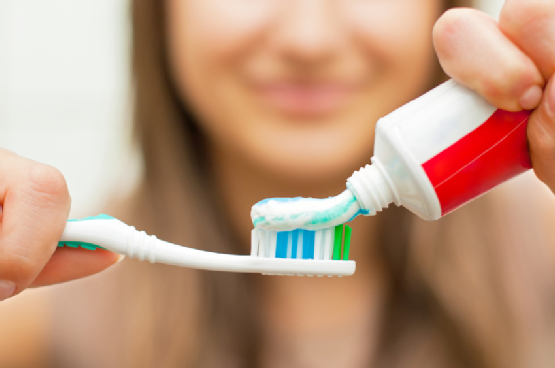Temporomandibular joint (TMJ) disorder can be extremely painful. Often, patients with TMJ disorder experience pain in their jaws when they sleep, eat, and even speak. If you’re dealing with the telltale signs of a TMJ problem, like creaking in your jaw and chronic pain, it is important to address the issue with your dentist. Your dentist can offer treatments to ease the pain and prevent further injury to your jaw. What causes TMJ problems and how can they be treated? Here is what you need to know:

TMJ Disorder Causes
The TMJ connects your jaw to your skull and works like a hinge when you open and close your mouth. When the joint is healthy, the bones are covered by cartilage, and a small disk cushions the joint and helps it move smoothly. TMJ disorder occurs when the cartilage is damaged or the disk is weakened or moved out of alignment. These problems allow bone to grind against bone, causing pain. In some cases, arthritis causes these changes; in other cases, injury is to blame. Sometimes, dentists are unable to pinpoint the exact causes of a patient’s TMJ disorder.
TMJ Disorder Treatments
Your dentist can use a variety of techniques to treat your TMJ disorder symptoms . For some patients, the symptoms of a TMJ disorder eventually go away on their own. In other cases, over-the-counter pain medications and muscle relaxers can help. Your dentist may suggest nighttime sedatives if you are clenching your teeth in your sleep and exacerbating your condition. A bite guard may also help. In persistent cases, Botox injections and a procedure to flush out the joint called arthrocentesis may be used. If other remedies don’t work, your dentist may suggest surgery.
If you’re experiencing any kind of oral pain, make an appointment with Chicago’s University Associates in Dentistry . Our practice offers a comprehensive range of dental treatments including cosmetic dentistry, the All-on-4 dental implant, and permanent denture replacement. To schedule a visit, please call (312) 704-5511.



